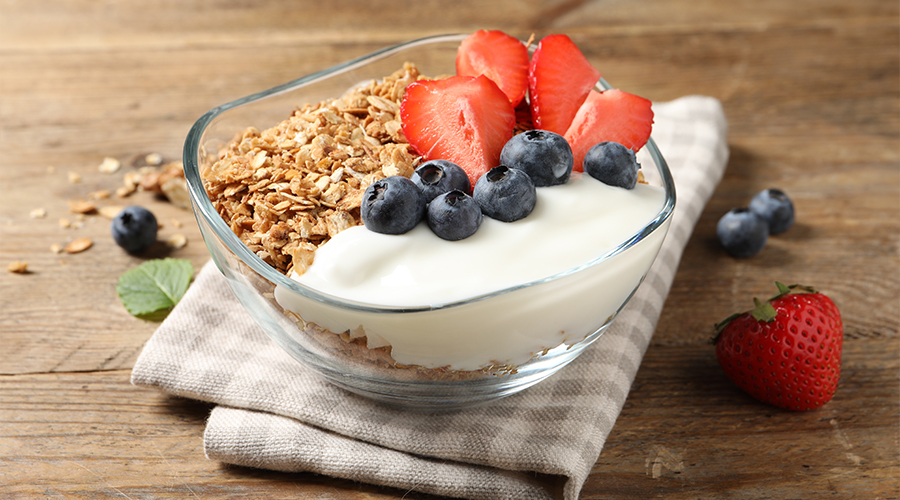Hello Ziddis! Did you know that our physical fitness goals go hand in hand with our mental health? Mental and physical health are two sides of the same coin. While abs and gains are great, the real deal is how this physical improvement helps with our emotional and mental well-being. Let us understand how to align our mental health with exercise and how movement can heal our minds, too.
The Relation Between Exercise and Mental Health
You have probably felt the rush of energy and positive energy after a brisk walk, or feeling calmed after an intense workout. It is not just in your head, it is about your head. Exercise can trigger some changes in your brain. There is a boost of feel-good chemicals like serotonin, dopamine and endorphins when we move our bodies.
Scientifically, regular physical activity is linked to reduced symptoms of depression, anxiety and stress. Even low-impact exercises like yoga or simple movements like walking can show a very noticeable positive change in your mood and mindset.
Benefits of Exercise for Mental Health
Exercise can help your body boost your physical and mental health, but how exactly does it help?
- Reducing your anxiety and depression by lowering your cortisol (stress hormone) levels and boosting your endorphins (happy hormones).
- Improving your sleep schedule by regulating your circadian rhythm. This is important for our mood and cognitive function
- Improve our self-esteem when we hit a physical health milestone. This makes us feel happy too.
- Creates structure and routine, especially when we need it during emotionally turbulent times.
Exercise for Mood Improvement
Moving your body for just 20 to 30 minutes a day can bring a big change in your mood. Here are some exercises for mood improvement:
- Walking: Great if you want to start and stay committed to movement every day. It also helps your digestion if done right after meals.
- Strength training: Lifting weights has shown great results in reducing depressive symptoms
- Dance or Zumba: it releases a stream of endorphins by combining movement with music, which is also a natural mood booster.
- Yoga is great for lowering stress
- Stretching between work helps you relieve tension in your body, making your mind relax more
- Cardio: Cycling, running, and swimming can help release adrenaline and clear mental fog
- Sports: Easy sports like badminton and newly introduced pickleball can boost your happy hormone by coming together with people and playing.

Exercise and Cognitive Function Tips
Regular physical activity does not just make you happier, it also makes you sharper. Studies show that movement increases blood flow to the brain by enhancing memory, focus and creativity.
Tips for improving cognitive health through exercise:
- Morning workouts work better for mental clarity that lasts through the day
- Adding coordination-based activities like dance, sport or martial arts to stimulate brain areas involved in learning and attention.
- Stay hydrated because your brain needs water to function at its best.
- Community-driven sports can help boost your mental health by driving social connections.
Read Also: Fitness and Mental Health: The Intertwined Connection and Strategies for Holistic Wellbeing
Takeaway
Your mental health deserves the same attention as your physical health. The next time you work out, remember, you are not doing this just for your body but also for your mind. There are more benefits than burning calories, it is about clearing your mental fog, reducing stress and relaxing.
Start small, stay consistent and love your mind equally! Move your body and free your mind!








 100% Safe & Secure payments:
100% Safe & Secure payments:




